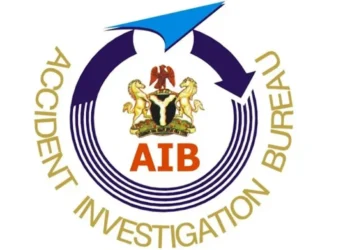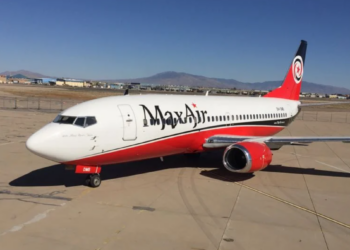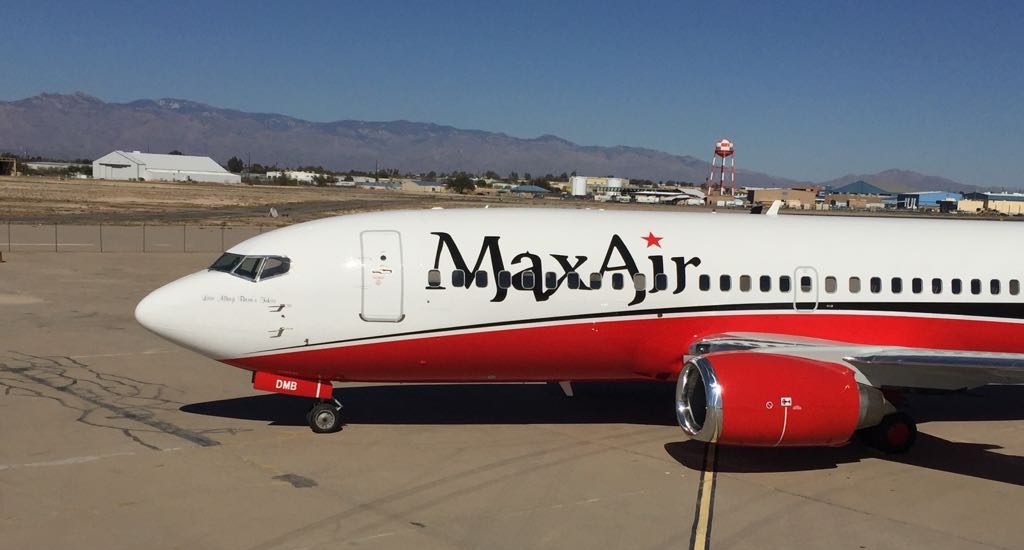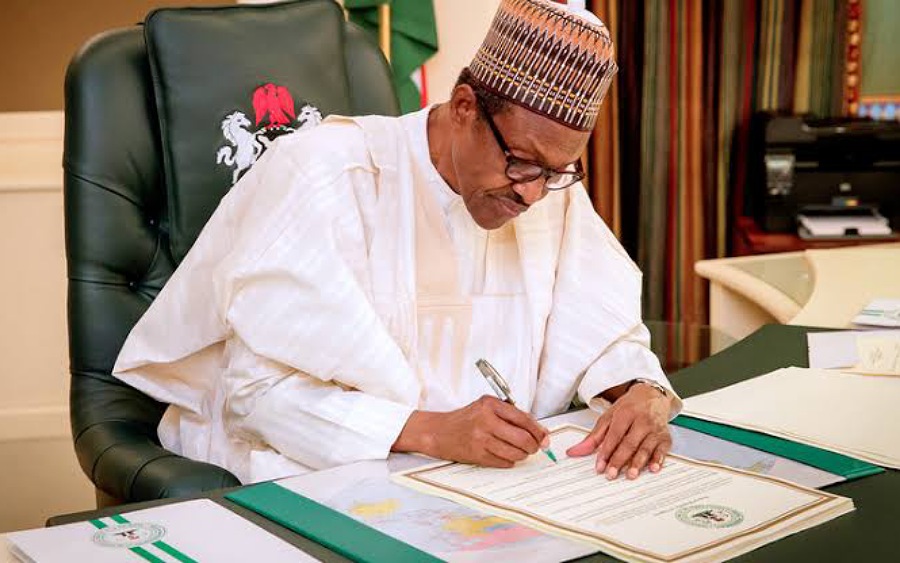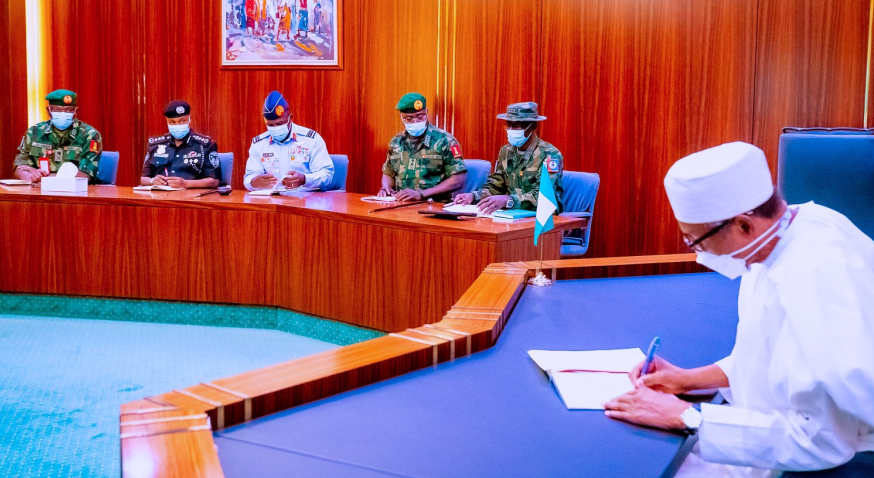The Nigerian Safety Investigation Bureau (NSIB) has launched an investigation into the Abuja–Kaduna train derailment that occurred on Tuesday, leaving six passengers injured but with no fatalities recorded.
The incident happened at about 11:09 a.m. on August 26, 2025, at KM 49 between Kubwa Station and Asham Station.
NSIB confirmed that a response team had been deployed to the site to collect evidence, engage stakeholders, and commence a probe into the cause of the derailment.
The disclosure was contained in a statement issued by Mrs. Bimbo Oladeji, NSIB’s Director of Public Affairs and Family Assistance, as reported by the News Agency of Nigeria (NAN) on Tuesday.
She said the bureau sympathised with the injured passengers and assured that findings from the probe would help prevent future accidents.
“NSIB is aware of the derailment involving a Kaduna-bound train service which occurred at approximately 11:09 a.m. today, Aug. 26, 2025, at KM 49 between Kubwa Station and Asham Station.
“Current information available indicates that six persons sustained injuries, and no recorded fatalities,” the statement read in part.
It added, “The bureau investigation into the incident will focus on identifying the direct and underlying factors that led to the derailment, with the aim of issuing safety recommendations to prevent a recurrence.”
Commenting on the incident, Capt. Alex Badeh, Director-General of NSIB, reaffirmed the bureau’s commitment to conducting an independent investigation aimed at uncovering the root cause of the derailment. He explained that investigators would carry out thorough assessments and develop safety recommendations to enhance rail transport safety across the country.
What you should know
Nigeria’s railway system has faced several safety concerns in recent years, with derailments consistently recorded as the most frequent type of train accident nationwide.
The Abuja–Kaduna corridor, one of the busiest passenger routes, has seen multiple incidents, including a hot-axle fault near Rigasa Station just days ago and a derailment at Jeremy Station in May 2024.
- Another major line, the Warri–Itakpe corridor, remains under repair after service suspension, reflecting wider maintenance, operational, and funding challenges affecting rail infrastructure. According to the National Bureau of Statistics (NBS), 183 derailments were documented between 2020 and 2022—more than any other category of train accident reported during the period.
Beyond accidents, vandalism such as theft of rail tracks, signaling equipment, and other critical infrastructure has also disrupted services and raised safety concerns across different routes nationwide.








